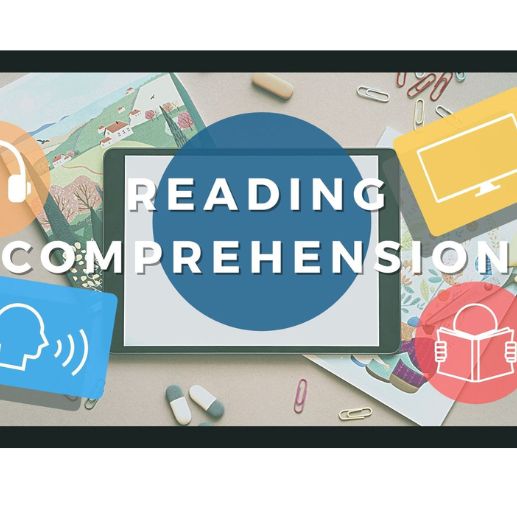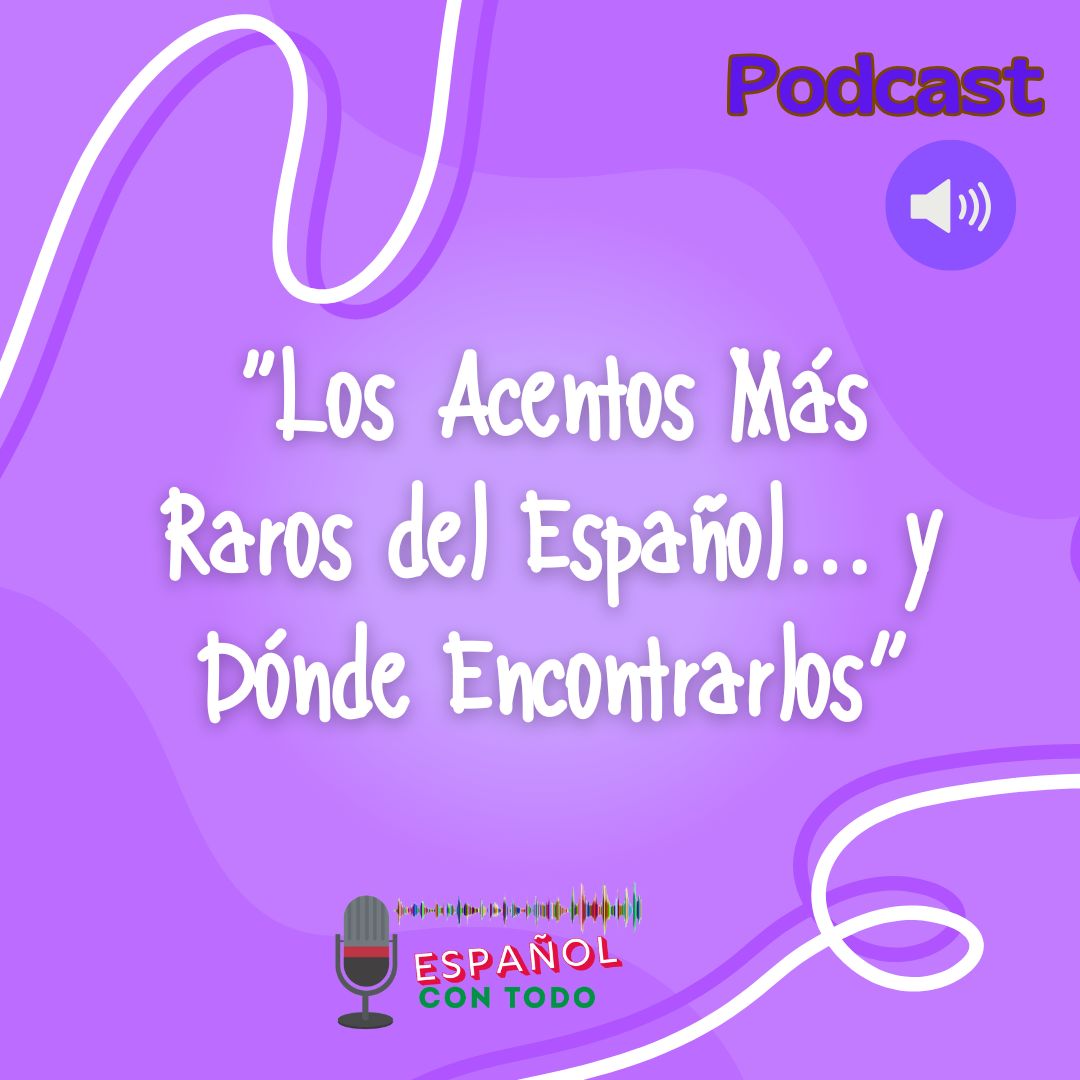多彩な 英語 講師陣から検索…

Greeting in Two Languages Upsets Train Passenger
説明
On some tour buses, you'll hear the guide welcome passengers in a number of different languages.
And at airports around the world, announcements might be made in more than one language to help more travelers understand what's being said.
But in Belgium, a train passenger made an official complaint after the conductor used both Dutch and French to say good morning.
The problem for this passenger was that the train was traveling through a city called Vilvoorde in the Flemish part of Belgium, where Dutch is the main language.
But Vilvoorde is very close to the capital, Brussels, where both Dutch and French are used.
The French-speaking conductor, named Ilyass Alba, wrote about the complaint on Facebook.
He said that after greeting passengers, one had replied: "We're not in Brussels yet, you have to use Dutch only!"
And while many people have taken Alba's side, the person who complained was technically correct — only Dutch should have been used.
According to the country's language rules, only Dutch should have been used while the train was in the Flemish part of the country. And as Belga News Agency explains, Belgium's rules say only French should be used when trains are in the French-speaking part of the country.
But announcements can be French and Dutch in Brussels. And on trains traveling to Brussels Airport, Dutch, French, German — another of Belgium's official languages — and English can be used.
Some Dutch-speaking politicians have said it's important that conductors stick to language rules.
But the country's French-speaking transport minister said that making passengers feel welcome is the most important thing.
The train company, SNCB, agreed with the transport minister. "Saying hello in several languages is just nice, we can only thank our conductors for that," an SNCB official told Agence France-Presse.
ポッドキャストチャンネル
Practice Listening, Reading & Comprehension
製作者
全エピソード

Конец сказки о рыбаке и рыбке

宣城见杜鹃花

Un verre de Chartreuse ?

Los Acentos Más Raros del Español y Dónde Encontrarlos

Histoire 44 - Ouistiti et les balayeurs

L6 Part2 买单[mǎi dān]~Pay the bill

Lets meet in Turkish

6.The Sixth Sense【First Love 初恋】from Netflix
人気のエピソード

Russfriend (all about russia)
Конец сказки о рыбаке и рыбке

最美古诗词Chinese poetry
宣城见杜鹃花

Douce France
Un verre de Chartreuse ?

Español con todo
Los Acentos Más Raros del Español y Dónde Encontrarlos

Des Milliers D'histoires
Histoire 44 - Ouistiti et les balayeurs

Welcome to visit China ”欢迎来中国!“
L6 Part2 买单[mǎi dān]~Pay the bill

Turkish for beginners
Lets meet in Turkish

北海道へようこそ【First Love 初恋】from Netflix
6.The Sixth Sense【First Love 初恋】from Netflix